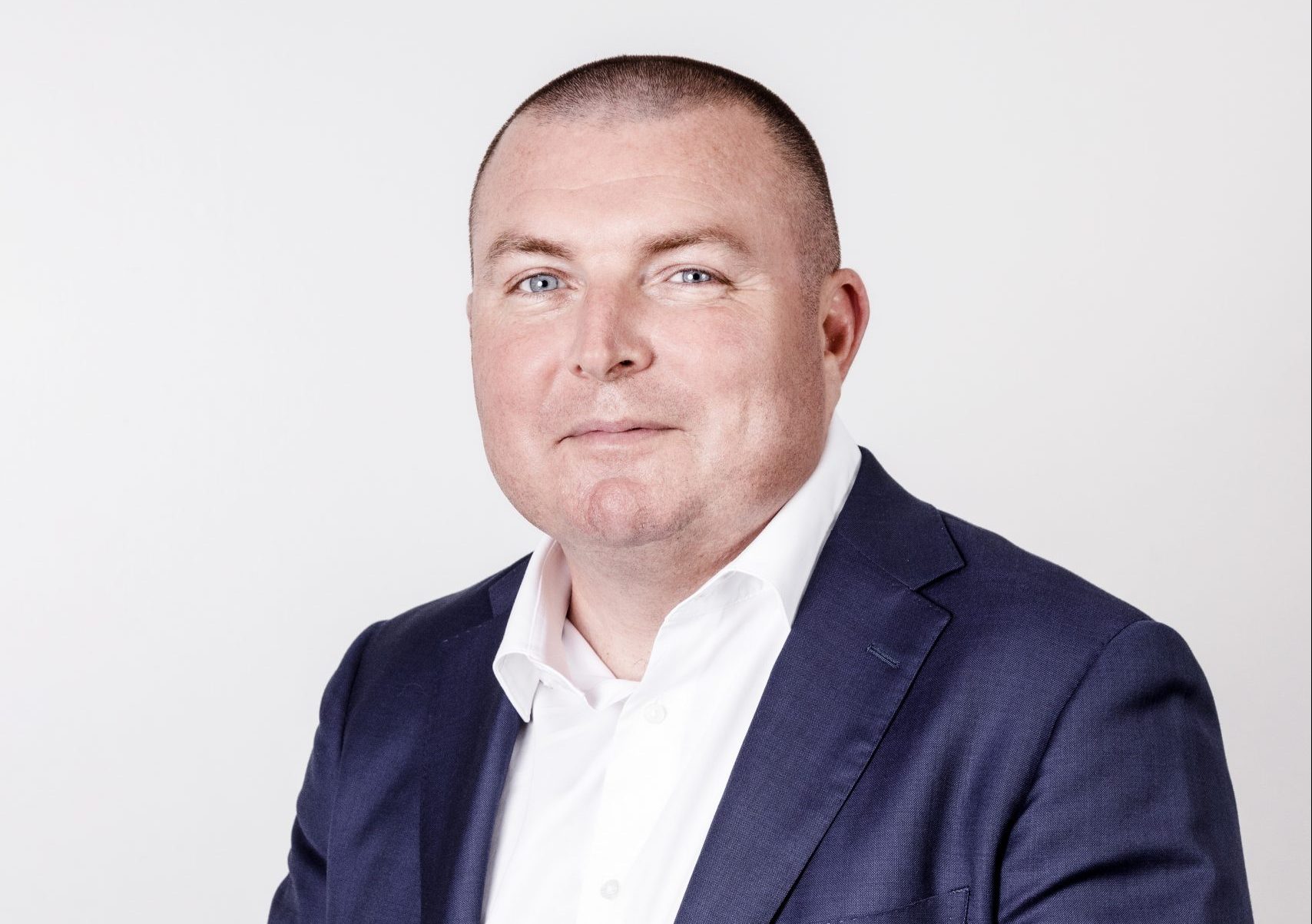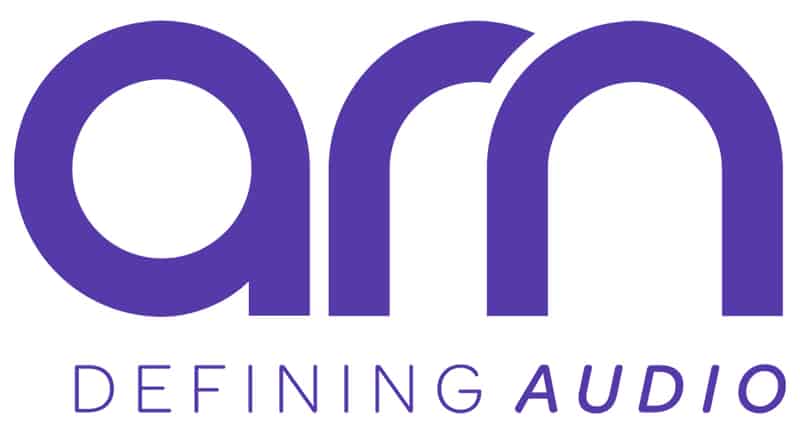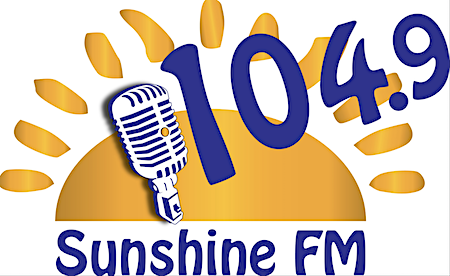ARN amalgamates Agency sales teams

ARN has announced a major restructure of its Agency sales teams, bringing its metro, regional and digital audio arms into one consolidated sales team and creating a single point of contact for agencies and clients.
The new ‘All Audio’ sales structure will provide commercial partners with the opportunity to access a breadth of audio knowledge and a seamless customer experience.
The move comes off the back of ARN’s growth in digital audio revenue paired with the recent acquisition of Grant Broadcasters and its representation arm, The Radio Sales Network.
This move will provide benefits to commercial clients including ease of transaction and speed to market across ARN’s entire Audiosphere.
Angus Leech, ARN’s National Agency Sales Director, said, “To meet market demand as Australia’s leading audio business, we have optimised our sales structure by introducing the new role of Group Business Director (GBD).”
“These GBDs will provide our clients with a single point of contact across all our audio touchpoints, whether that be our #1 ranked metro radio network, to over 120 regional radio stations, Australia’s leading iHeartPodcast Network or youth-based offerings CADA and TikTok Trending.”
“GBDs will be supported by a team of experts specializing in metro, regional, and digital environments, ensuring we deliver the most effective audio solution for the brief.”
Group Business Directors will report to Agency Sales Directors in each state.
Agency Sales Directors are Kate Blakeley in Sydney, Sam Harris in Melbourne, Emily Buckby in Brisbane, Sonia Russo in Adelaide and Aaron Bryant in Perth.
Jeremy Simpson will continue to be responsible for national regional revenue performance in his role as National Commercial Director – Regional, and Denis Donati will oversee the national digital audio performance in his role as Podcast and Digital Audio Sales Director.
The new sales structure comes into effect from today, Monday, August 1.



After revolving door of resignations out of TRSN just before and after the acquisition, where are the regional experts coming from?
I mean 10,000 hours to become an expert… that means the 11 replacements, if they’ve worked 24 hours since January 1st are 5040 hours into their training towards being… an expert.
Cool story though.